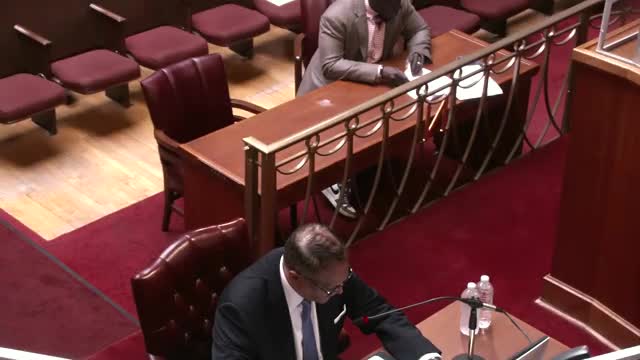Article not found
This article is no longer available. But don't worry—we've gathered other articles that discuss the same topic.

Tenants press Newark officials over mold, elevators and security at New Community senior buildings; council schedules follow‑ups

Council expands Affordable Housing Trust Fund uses for homeownership; debate continues over inclusionary zoning and 430 Market project

